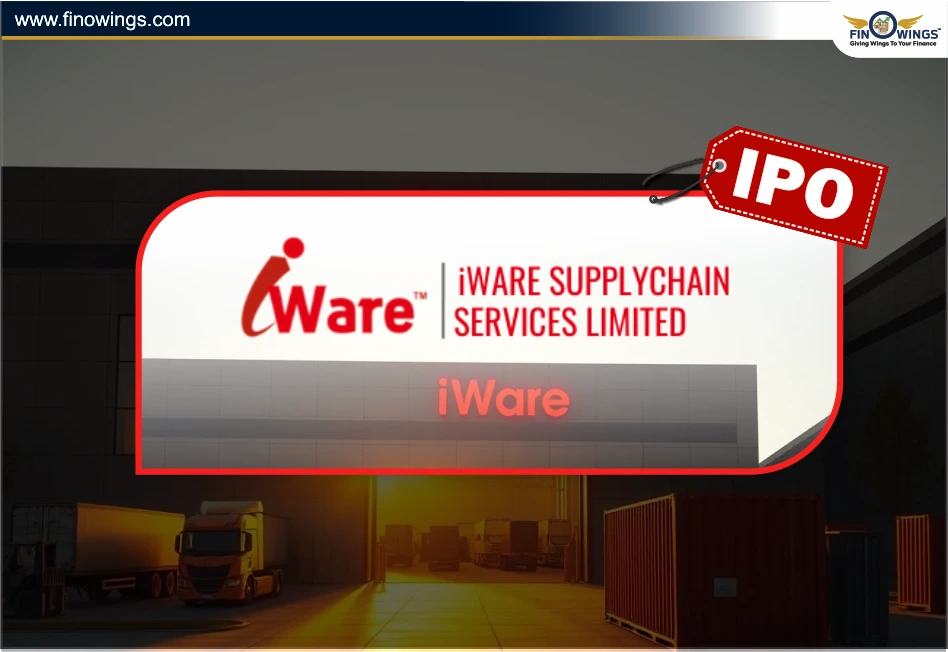Home >> Blog >> What Is Management Accounting?: Functions and Advantages
What Is Management Accounting?: Functions and Advantages

Table of Contents
- 1. What is Management Accounting? – Techniques and Roles of Management Accounting
- 1.1. Characteristics of Management Accounting
- 1.2. Management Accounting Techniques
- 1.3. Management Accounting vs. Financial Accounting
- 1.4. Pillars of Management Accounting
- 1.5. Limitations of Management Accounting
- 2. Conclusion
1. What is Management Accounting? – Techniques and Roles of Management Accounting
Management Accounting is a branch of accounting that deals with revenues and cost of business including asset usage. It mainly focuses on informing the management of the company about the operational business metrics.
The process of identifying, measuring, analyzing, communicating information, and interpreting data to managers is called managerial accounting. These goals improve the management of the business and efficiency.
The Institute of Cost and Management Accountants London has defined, “Management Accounting as the application of professional knowledge and skill in the preparation of accounting information in such a way as to assist management in the formulation of policies and the planning control of the operation of the undertakings.”
Similarly, according to the American Accounting Association, “It includes the methods and concepts necessary for effective planning for choosing among alternative business actions and for control through the evaluation and interpretation of performances.”
From the above definitions, we can interpret that the part of accounting has developed into the source of providing information to the managers for planning, controlling and decision-making.
1.1. Characteristics of Management Accounting
The summarized characteristics of management accounting are the following-
-
Management accounting is selective. It solely focuses on the important aspects of data provided by financial records that can play a crucial role in making decisions for the business.
-
It does not only help in making present decisions but help in planning future actions also. Management accounting collects and analyzes the data to plan the next steps for the managerial sector.
-
Decision-making is an important aspect of every business. Management accounting makes it easy to develop ideas and implement them in business favours.
-
The balance between profit and loss must be considered for every decision. Management accounting studies this difference between causes and effects well. It helps the management to analyze profits and losses depending on the situation.
-
Management Accounting does not follow financial accounting’s rules. The procedures of Financial Accounting are based on GAAPs.
1.2. Management Accounting Techniques
Management Accounting has a set of goals for operating efficient management. For this, managerial accounting depends on various techniques or tools which are known as management accounting techniques.
-
Financial Analysis – It is the basic and essential managerial technique.
A business requires solid financial planning for both the short-term and long-term goals of the company. Fundraising, sharing capital and managing funds to an extent is he important factors for financial analysis.
-
Budget Control – Budget control is concerned with the data analysis required to make mandatory decisions for capital expenditures. In budgeting analysis, managerial accountants calculate the net present value (NPV) and the internal rate of return (IRR). These calculations help managers to plan budget-related decisions.
-
Margin Analysis – Marginal analysis deals with the addition of units into production. It helps in making short-term economic decisions. It is the impact of any specific product on the overall profit of the firm. Margin analysis follows the break-even approach. It includes the calculation of the breakeven point that discovers the optimal sales mix for all the products.
-
Constraint Analysis – Management accounting is also responsible for reviewing the constraints within the sales process. This technique helps in analyzing bottleneck and their impact on the company’s revenue and profits. Managers can use these results to improve their production efficiency.
-
Product Costing and Inventory valuation – As the name suggests, Product costing is used to determine the total cost value in the production of a good or service. The cost value of a product is divided into subcategories, such as fixed, variable, direct, or indirect costs. Costing analysis helps in measuring those costs and assigning overhead to each product created by the firm.
Managerial accountants allocate assign charges to determine the cost of goods sold (COGS).
-
Cash Flow Analysis – The cash flow analysis is required to determine the cash impact of business decisions. Despite providing a more accurate picture of a firm’s financial condition, accrual accounting makes it difficult to observe the true cash impact of a single financial transaction.
While performing the cash flow analysis, a managerial accountant will investigate the cash inflow and outflow resulting from a specific business decision.
-
Accounts Receivable Management – AR Management can have a positive impact on a company’s bottom line. An accounts receivable report categorizes AR invoices according to the time they have been outstanding.
These AR reports help managerial accountants to identify the customers who can become credit risk. If any consumer has records of late payments, management can reconsider doing any future transactions or business with that consumer.
-
Trend Analysis and Forecasting – Management accounting also deals with reviewing the trends of product costs and identifying any unusual variances or deviations. It is important to investigate these graphs regularly for the time during external financial audits. This analysis may involve the use of sales volumes, historical pricing, customer tendencies, geographic areas, or financial data.
1.3. Management Accounting vs. Financial Accounting
One often asked difference is about Management Accounting vs. Financial Accounting.
The key difference between management accounting and financial accounting is the target user of the information generated. Management accounting information is generally to help the managers within the organization. On the other hand, financial accounting tends to provide financial information to users outside the organization.
Financial accounting must fulfil certain standards, such as generally accepted accounting principles (GAAPs). All publicly held firms must complete their financial statements according to GAAP to maintain their publicly traded status.
Techniques used by management accounting do not follow any standard rules unlike financial accounting. The presentation of data in management accounting can be modified according to the needs of the user.
As management accounting is not intended for external users, it can be modified according to the respective company’s users. This is more flexible and considerable by the company or department of the company. For example, the HR department manager prefers a graph of salaries by an employee over a period. Managers in production may want their financial charts displayed as a percentage of units produced over time.
1.4. Pillars of Management Accounting
The information computed by management accounting is useful in different ways. Let’s look into the main roles management accounting serve-
|
Planning and Decision making |
Decision-making is the most important factor for any business management. Management Accounting help in planning and taking appropriate decisions. Management accounting techniques such as product cost analysis, budget control, cash flow analysis, etc. assist managers in taking the right decisions.
|
|
Tracking Performance |
Management Accounting involves tracking the production as well as employees’ performance. It makes it easier to set goals and economic courses of action. It increases their efficiency and ultimately the progress of the whole organization. |
|
Controlling |
All the techniques used in management control ultimately give the controlling powers to managers to take corrective measures for the organization. Management accounting helps in controlling the overall performance of the organization.
|
1.5. Limitations of Management Accounting
There is no doubt that management accounting provides the best results for planning, controlling and decision-making.
But there are a few limitations to management accounting that shows it is still a developing process. A few limitations are following-
-
Initial Stage: As management accounting is still in its evolutionary stage, it will take time to be developed completely.
The techniques used by management accounting give deferring results.
-
Basic Records: Management accounting primarily extracts the information from finance sheets, cost accounting and other records. The correctness of these results depends upon the raw data collected from these basic records, which is a limitation of a management accountant too.
-
Persistent Efforts: The decisions driven by management accountants are not executed automatically. He must put a lot of effort into each level to execute these decisions.
-
Lack of Knowledge: Management accounting needs a good level of knowledge. The process of converting data into information through financial records cannot be done by anyone. The management accountant should know related subjects like statistics, accounting, economics, etc.
2. Conclusion
Management accounting plays an important role in drafting complete financial statements for internal use within the organization. It helps in planning present and long-term strategies. Without management accounting, it would be difficult for corporate leadership to make relevant financial decisions. As management accounting records are not for the public, they do not have to conform to GAAP and serve their purpose internally.



















